Locals love walking barefoot not only at home but on the streets as well. You can meet people who aren’t wearing shoes everywhere: in the city center, at the nearest supermarket, or at the shopping mall.

When you first see it, you’ll be shocked. When you do it for the first time, you’ll feel very weird. But then you won’t be able to imagine your life without it.
Single-use plastic bags are banned in New Zealand. Customers can get free cardboard boxes at the supermarkets instead.
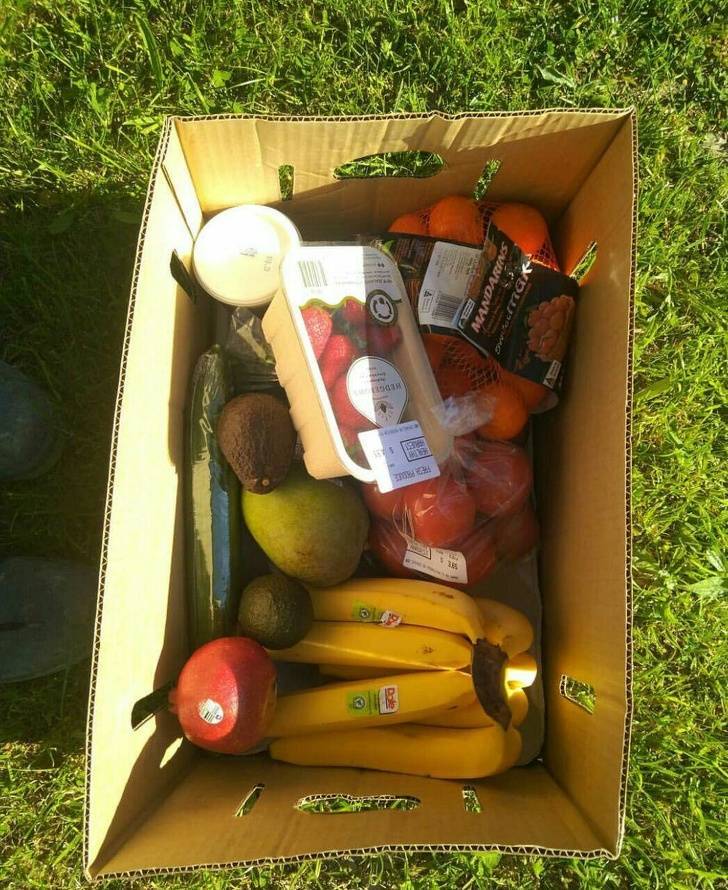
On the way to shops, there are many reminders to bring a reusable bag from your home or car. But if you still forget to take it with you, you can rent one for free and then bring it back.
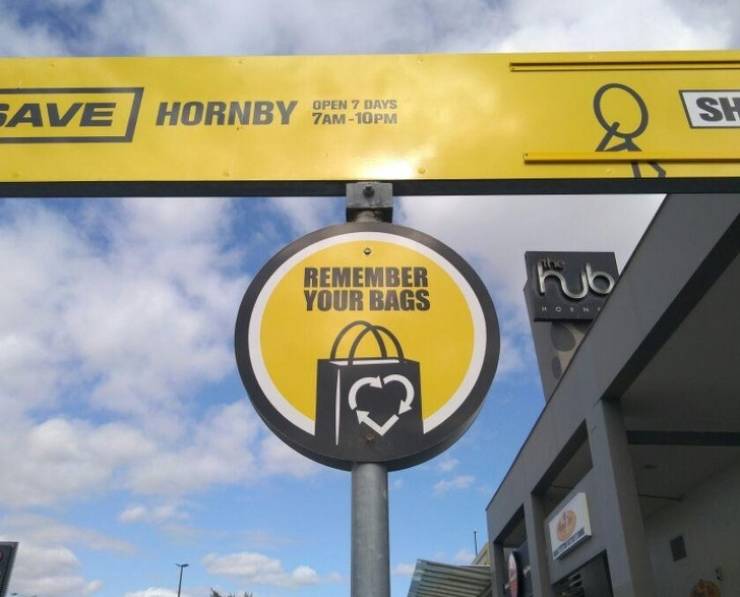
Fuel from waste? Why not! It’s a very common product in this country.
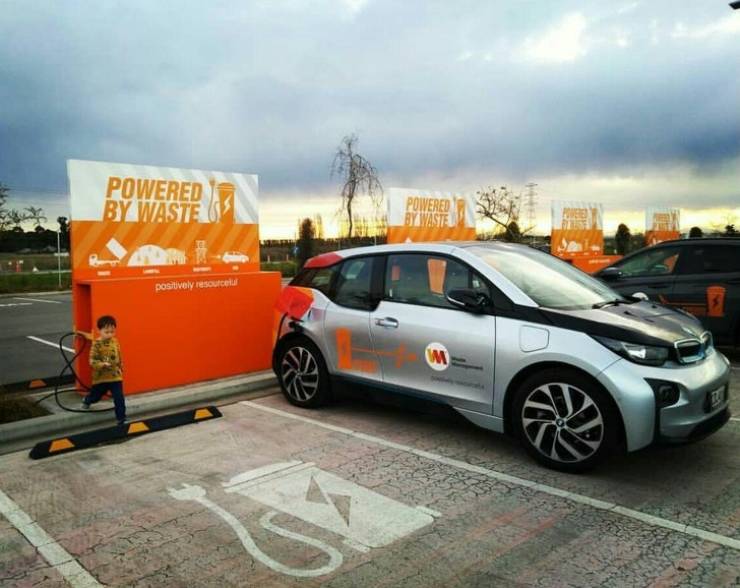
A supermarket chain offers its customers free fruit while they do their shopping.

You can find these shopping carts in the local supermarkets — the one on the left is for disabled people and the one on the right is for customers with kids.
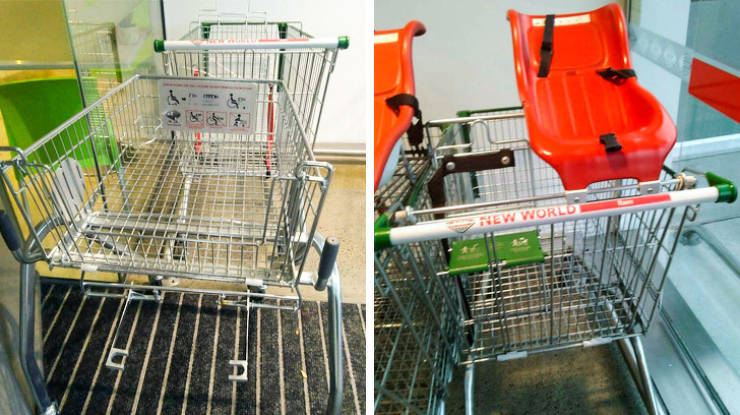
Additionally, every supermarket has free wet wipes to clean cart handles before shopping.
Every Wednesday, the supermarket chain, Countdown holds a so-called “quiet shopping hour” to support people with autism spectrum disorders.
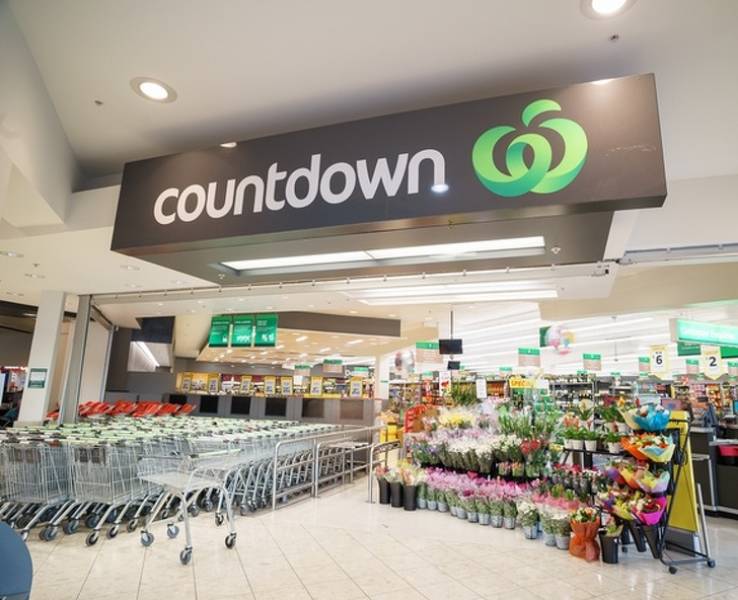
During this “quiet hour,” the lights in the shop aren’t as bright, the music is turned off, and employees don’t move metal shopping carts and try not to make noise.
Locals wear T-shirts, shorts, and flip-flops even if it’s 0 degrees outside. They’ve been doing it since childhood so they catch colds less often.
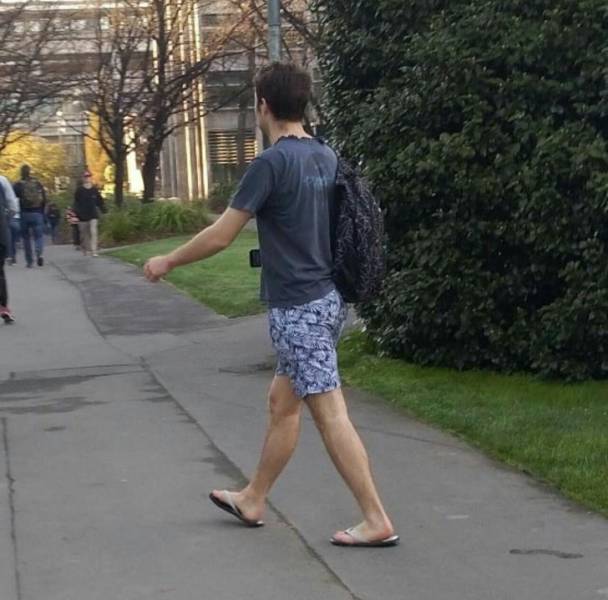
Specialists from different medical institutions come to the kindergartens to tell kids about diseases and teach them first aid.
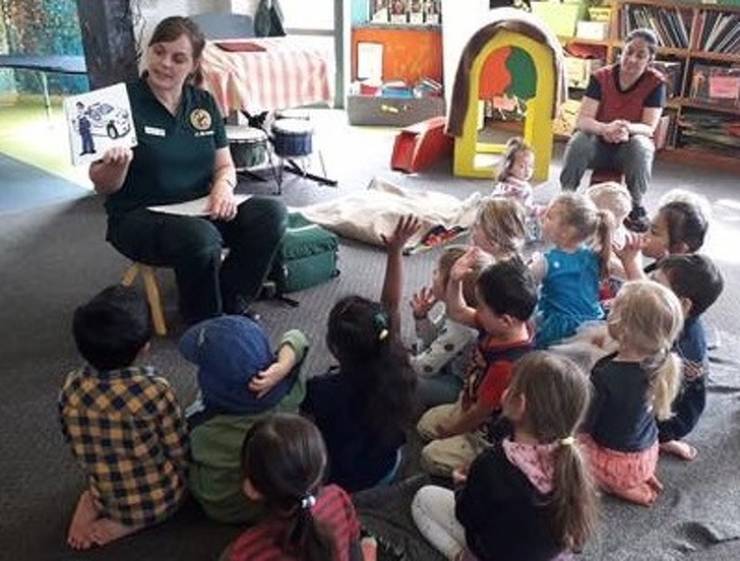
Doctors even have a special song for kids that explains how to call an ambulance if their mom suddenly starts to feel ill. It’s a very popular song and many children know it by heart.
Parents go to kindergartens and show kids something connected to their job or culture.
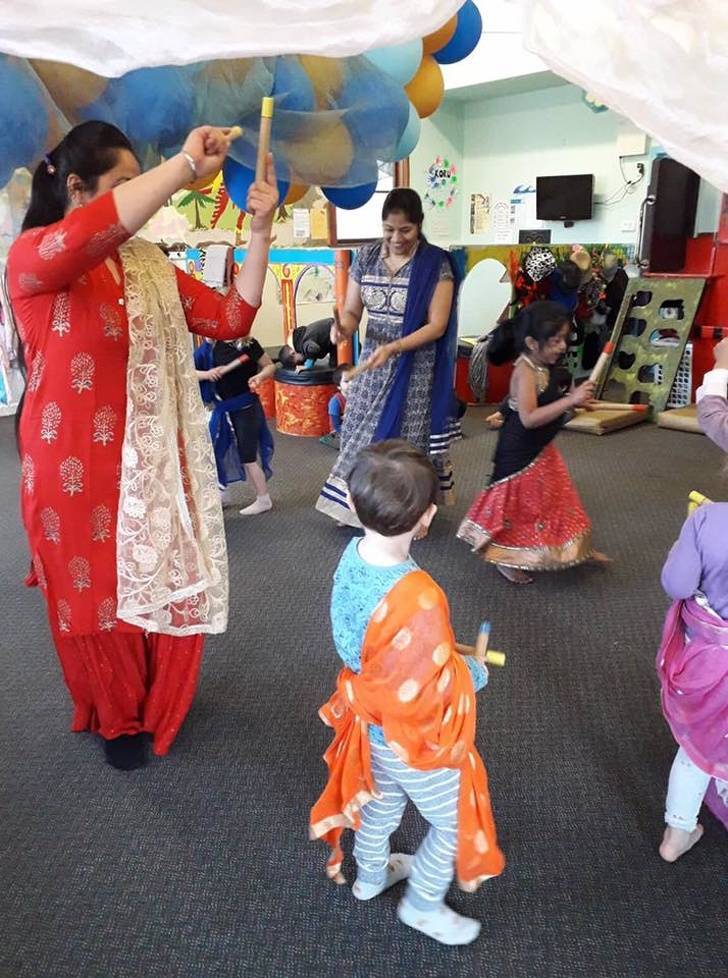
This is a day to learn about Indian culture in the kindergarten.
There are no mosquitoes or snakes in New Zealand but there are many other unusual animals.
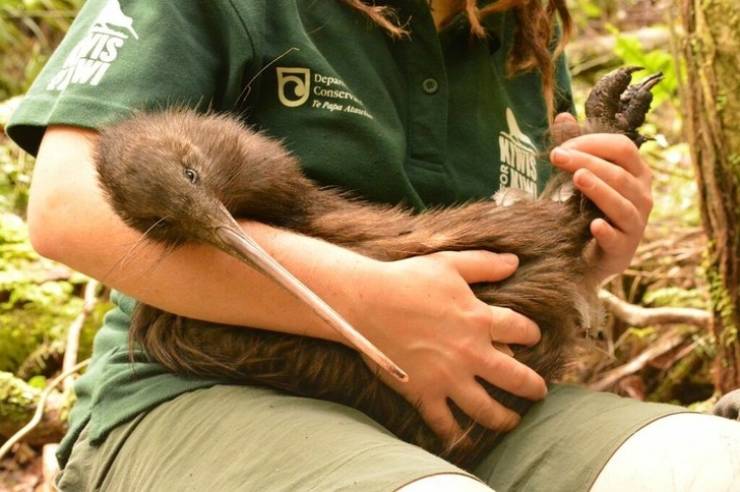
New Zealand has officially confirmed that all animals are conscious and have feelings just like humans.

Animal cruelty is a crime here. Hunting and the capturing of wild animals are also prohibited. The Ministry for Primary Industries has published on its website a list of basic needs of the animals that must be fulfilled by humans.
Employees of The National Aquarium of New Zealand choose the best and worst penguin of the month. The most remarkable birds take up a special place on the honor roll.
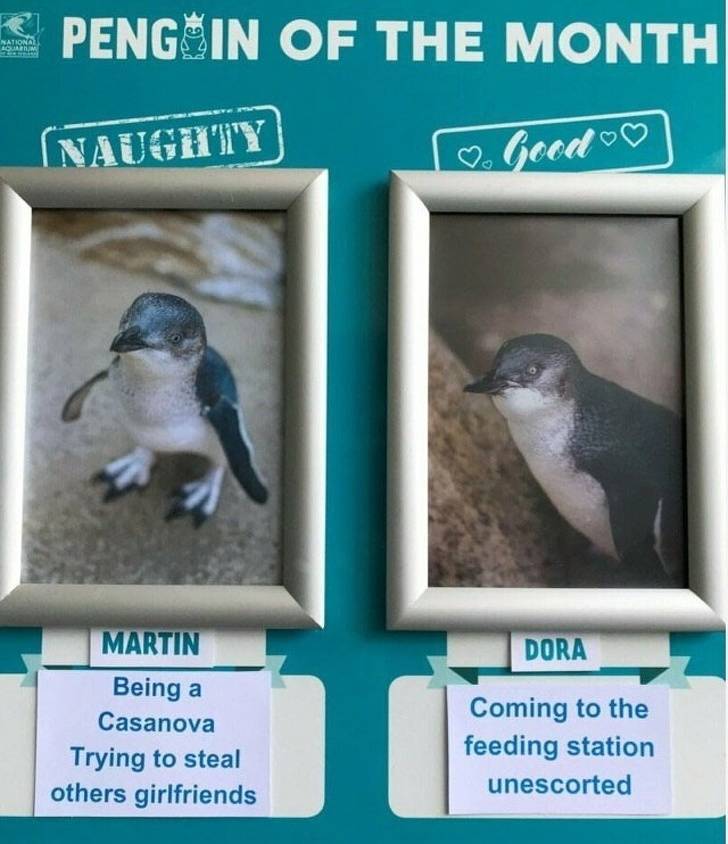
The Grim Reaper on the beach isn’t a silly joke but rather, a governmental project. It serves as a kind reminder of how people should behave in the water.
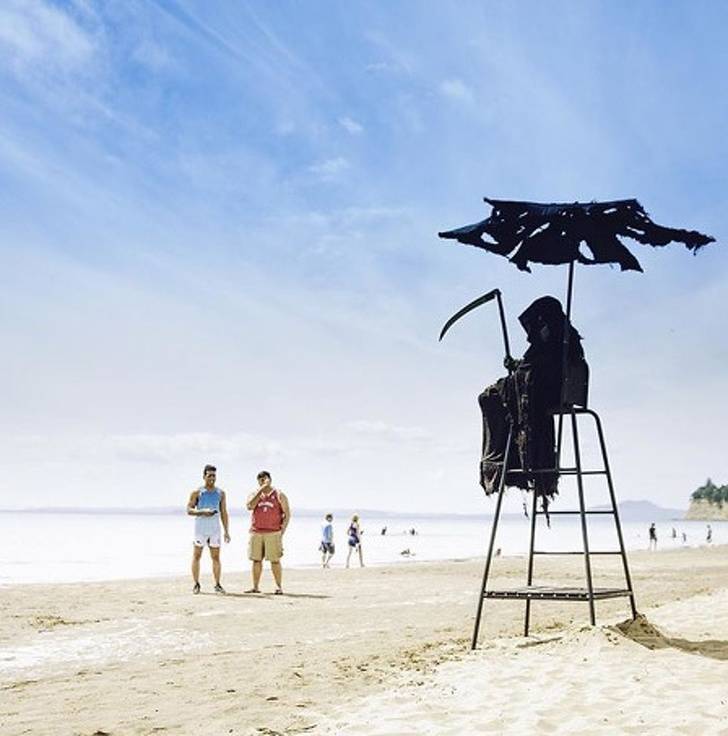
When you enter a bus, you should greet everyone and say “thank you” when you get off. Buses get a bit slower when elderly people come on board and don’t move until everyone takes their seats.
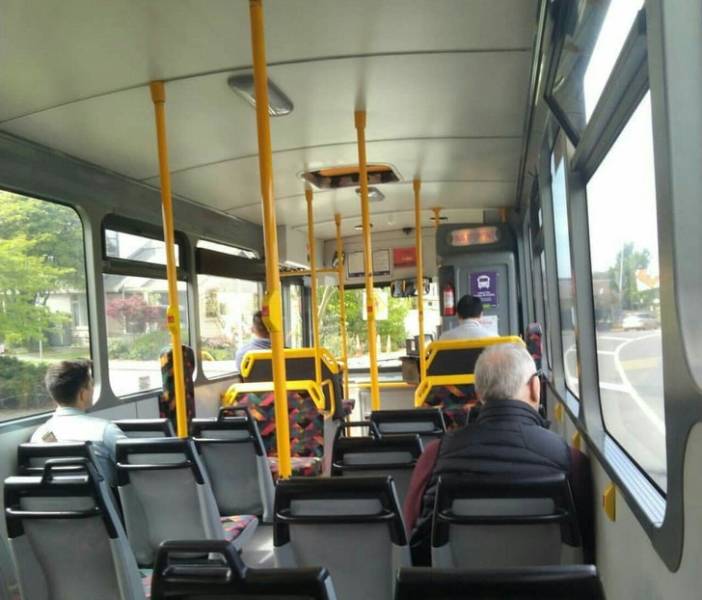
A bus ticket costs about $1.50 — $4 depending on the destination and the traveling card. And you should stop the bus just like a taxi, otherwise, it’ll just drive past the bus stop.
Many buses have a special rack to transport bicycles.
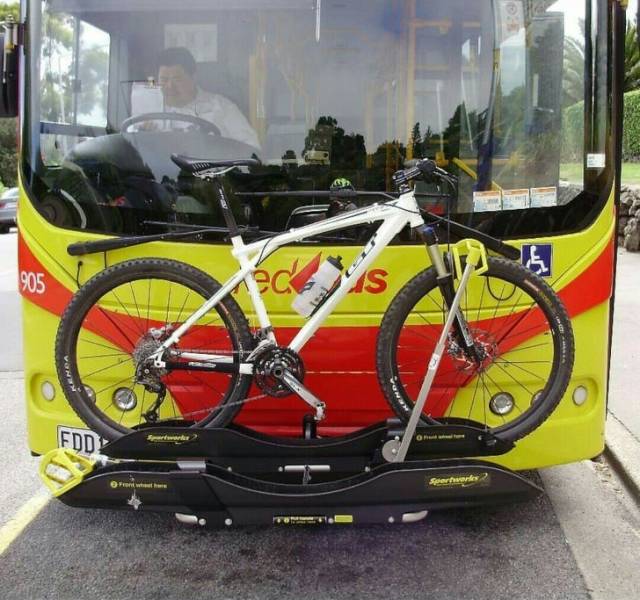
People often leave things they don’t need anymore on the street with a “free” sign.
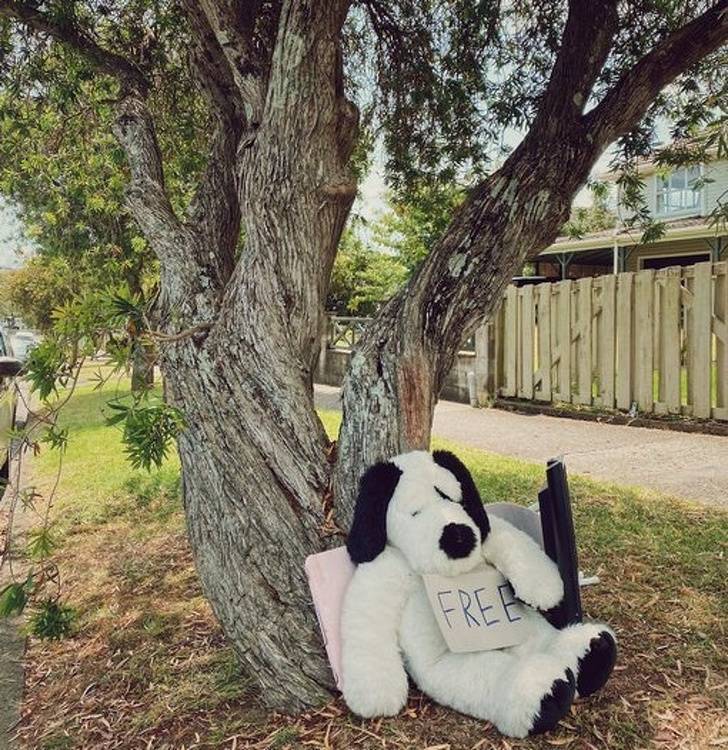
“Usually, they’re not awful things and people pick them up. We got a couple of tables and even sofas when we were poor students and rented flats without any furniture.”
One of the disadvantages of living in this country is that the names of the streets are placed not on the buildings, but on the crossroads. It’s better not to get lost, otherwise, you’ll have to ask strangers for help.

There’s no limescale from water in New Zealand.
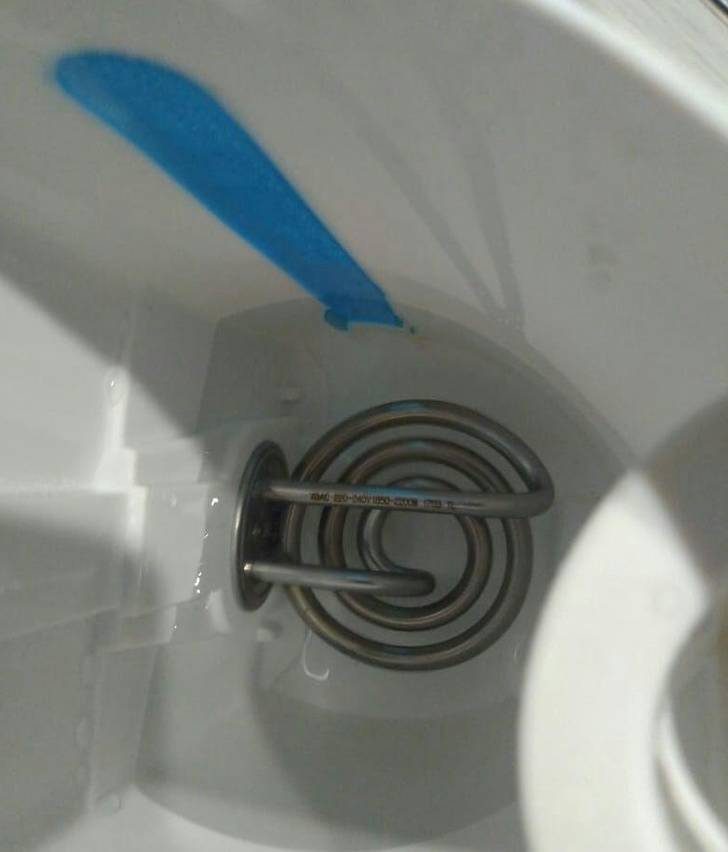
“We’ve been using this kettle for a year in our family. We haven’t cleaned it once.”
To protect agriculture, it’s prohibited to do gardening without getting special permission from the government.
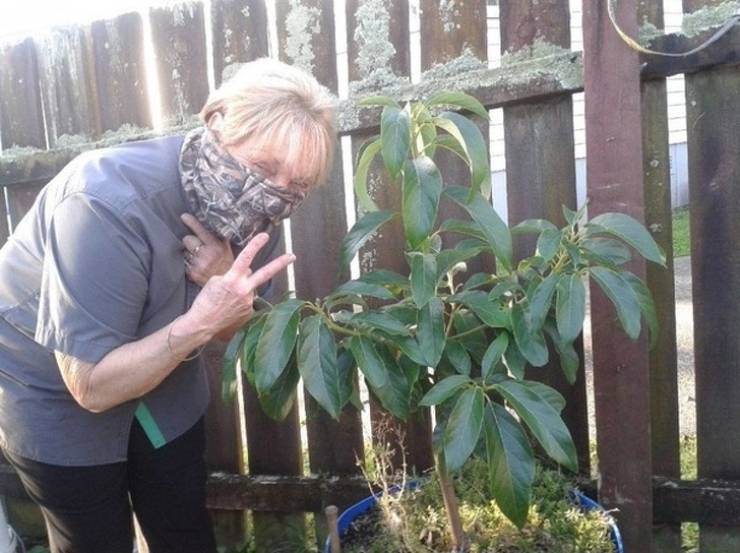
A local woman planted an avocado in her garden without getting governmental permission first.
A 13 foot-tall Gimli sculpture has been installed at Auckland Airport.

New Zealand takes second place when it comes to the world’s peacefulness (first place belongs to Iceland).
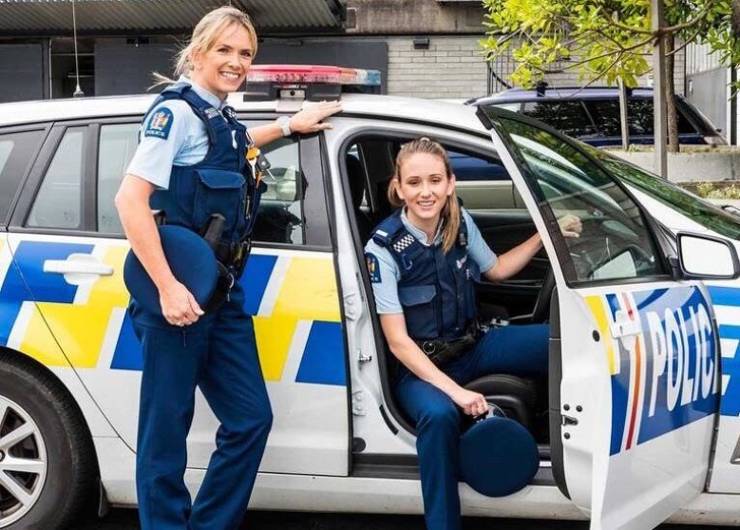
This mother and daughter team fights crime in New Zealand.
Real spouses who died on the same day lived in New Zealand. They were married for 67 years.
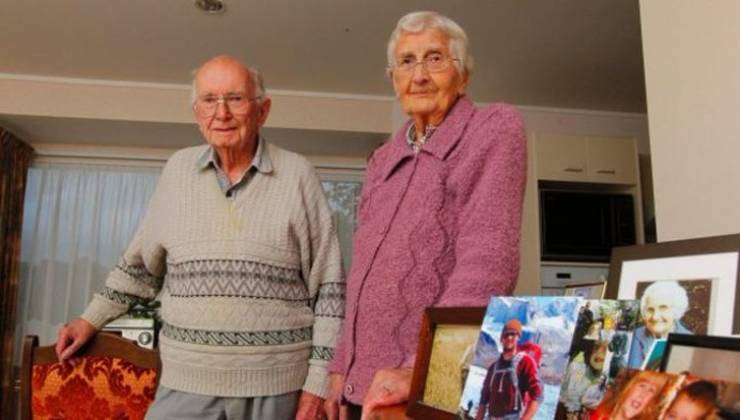
The indigenous people of New Zealand, the Māori, make up about 15% of the population. Many of them still wear a traditional tattoo known as Tā moko.
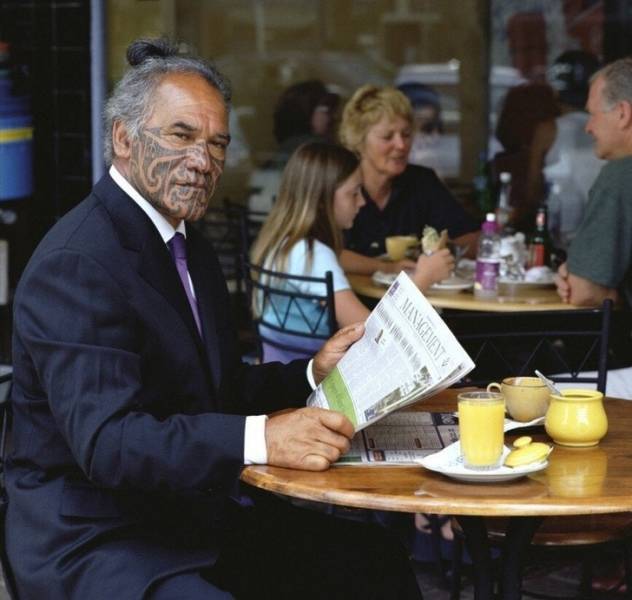
The Māori have a traditional way of greeting people known as the hongi. To greet a person, you should press your nose to the nose of another person.
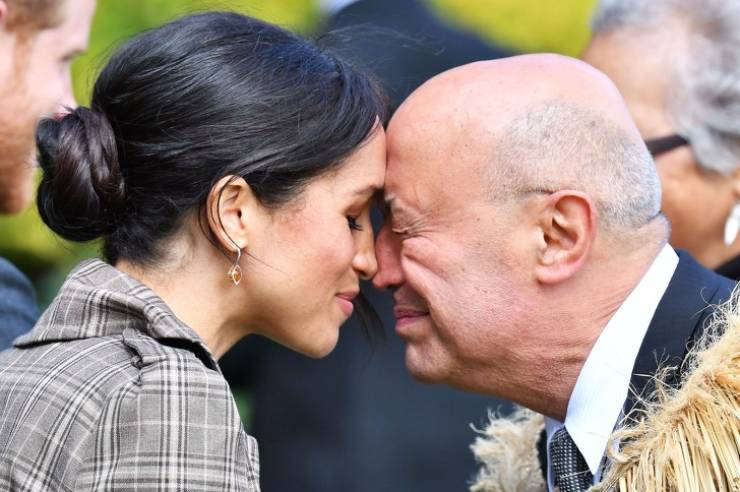
 Barnorama All Fun In The Barn
Barnorama All Fun In The Barn